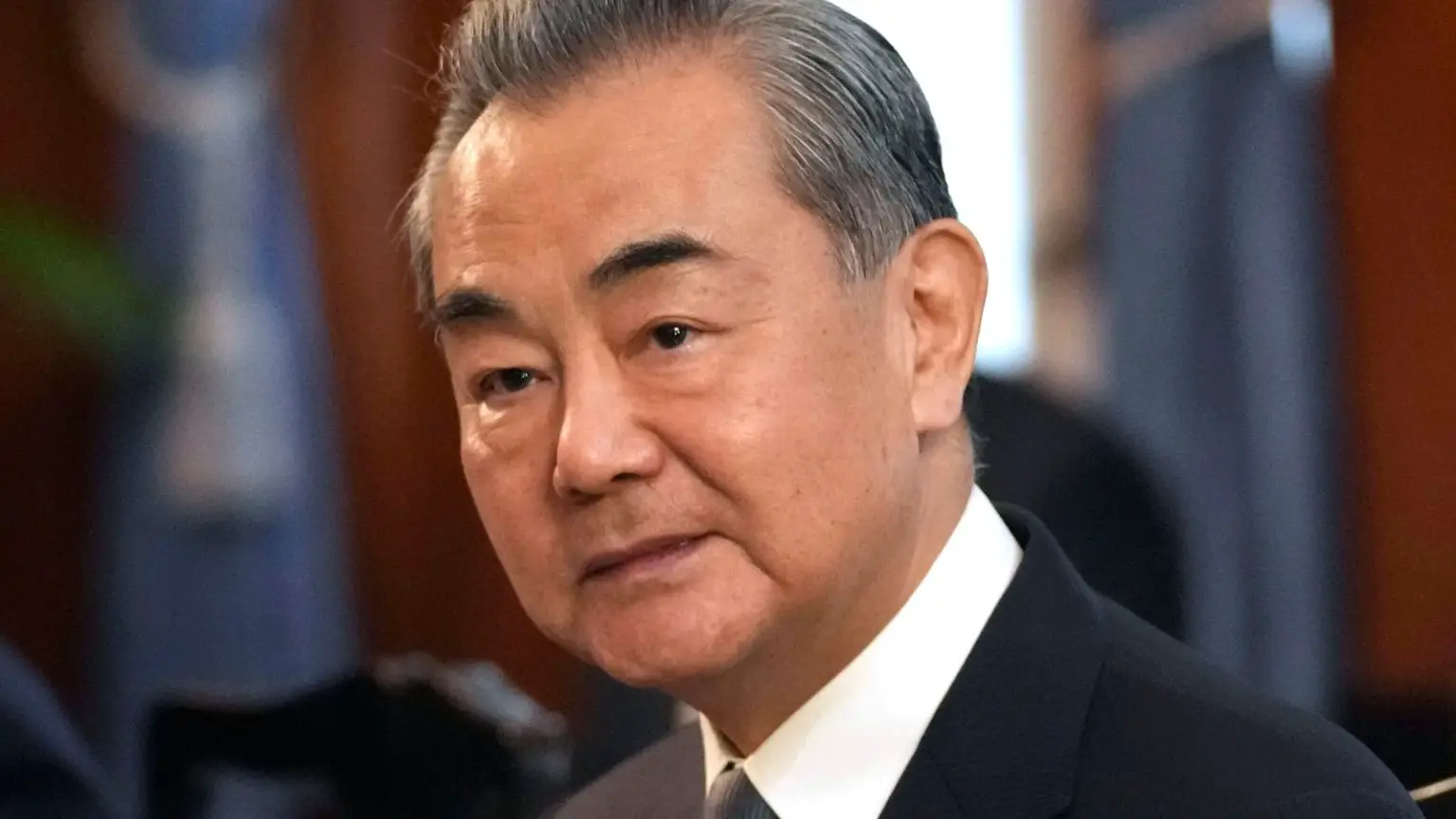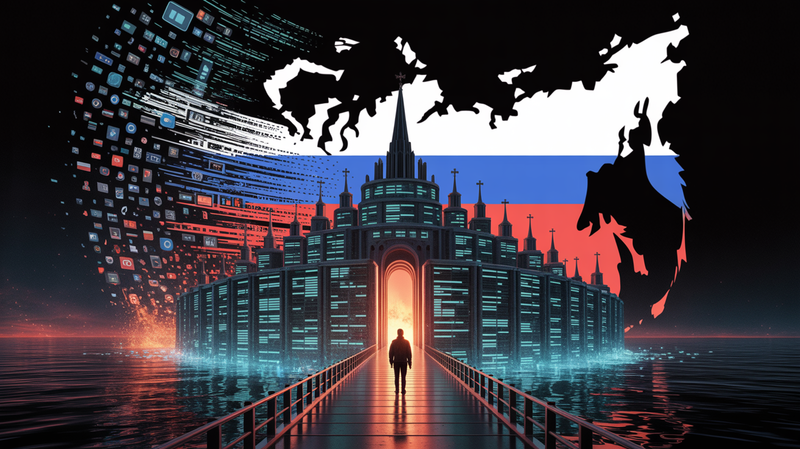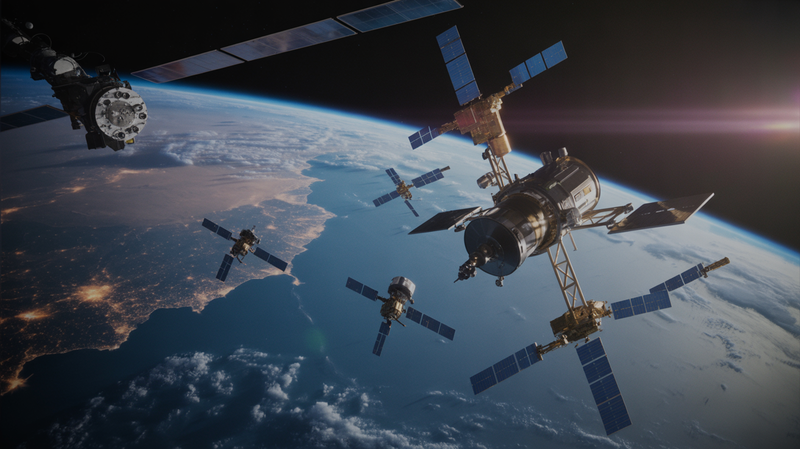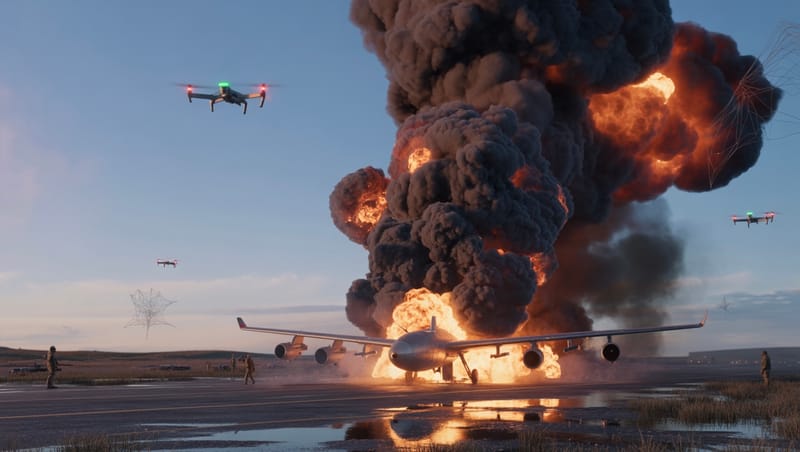China and Russia Strengthen Strategic Cooperation Amid Global Power Shifts
Amid heightened tensions and polarizing geopolitics, Russia and China are amplifying their alliance, signaling a significant recalibration of international relations. This alliance is unfolding on a backdrop of intensified engagements between Washington and Beijing, as both nations grapple to normalize their increasingly contentious relationship. Diplomatic Overtures and Parallel Agendas Chinese

Amid heightened tensions and polarizing geopolitics, Russia and China are amplifying their alliance, signaling a significant recalibration of international relations. This alliance is unfolding on a backdrop of intensified engagements between Washington and Beijing, as both nations grapple to normalize their increasingly contentious relationship.
Diplomatic Overtures and Parallel Agendas
Chinese Foreign Minister Wang Yi's four-day trip to Moscow occurred in tandem with diplomatic exchanges between Chinese Vice President Han Zheng and US Secretary of State Antony Blinken at the UNGA sidelines in New York. These interactions could pave the way for an eventual meeting between Joe Biden and Xi Jinping during the upcoming Asia-Pacific Economic Cooperation (APEC) summit in November.
While U.S.-China relations are on a seemingly stabilizing course, Wang and Russian Foreign Minister Sergey Lavrov underscored the importance of their countries' strategic cooperation. The two diplomats convened ahead of an anticipated visit from Russian President Vladimir Putin to Beijing, aiming to further "well-coordinated work" at international forums, including the UN General Assembly.
Shaping a Multi-Polar World
Wang Yi emphasized that Russia and China bear a "special responsibility" in maintaining global peace and stability, calling for the formation of a "multi-polar world." This indicates China's and Russia's intent to counterbalance what they perceive as Western hegemony, particularly from the United States. Both countries seem aligned in seeking a restructuring of global governance systems, striving for what they deem as "greater fairness."
The Ukraine Factor
Russia's involvement in the Ukraine conflict has somewhat shifted its partnership dynamics with China. Facing sanctions, Moscow finds itself increasingly reliant on Beijing as a critical economic and diplomatic ally. Although China has positioned itself as a neutral party and a potential peace broker in the Ukraine crisis, it hasn't called for Russia to cease its military operations or withdraw troops, thereby implicitly bolstering Russia’s stance.
North Korean Connection
The China-Russia strategic alliance comes close on the heels of a summit between Vladimir Putin and North Korean leader Kim Jong Un, an event that has triggered U.S. concerns over potential arms supplies to Russia from Pyongyang. This three-way axis adds another layer of complexity to the geopolitical landscape, as it could further embolden Moscow in its ongoing conflict in Ukraine.
Conclusion
As China and Russia fortify their strategic alliance, it is clear they aim to rewrite the rules of global engagement. While U.S.-China relations are showing signs of stabilization, the burgeoning China-Russia partnership adds a different dimension to international politics, one that could reshape alliances and provoke a recalibration of global power dynamics. This alliance underscores the evolving and increasingly complex relationships between major powers, particularly against the backdrop of Russia’s military activities in Ukraine and rising tensions between China and Western democracies.




